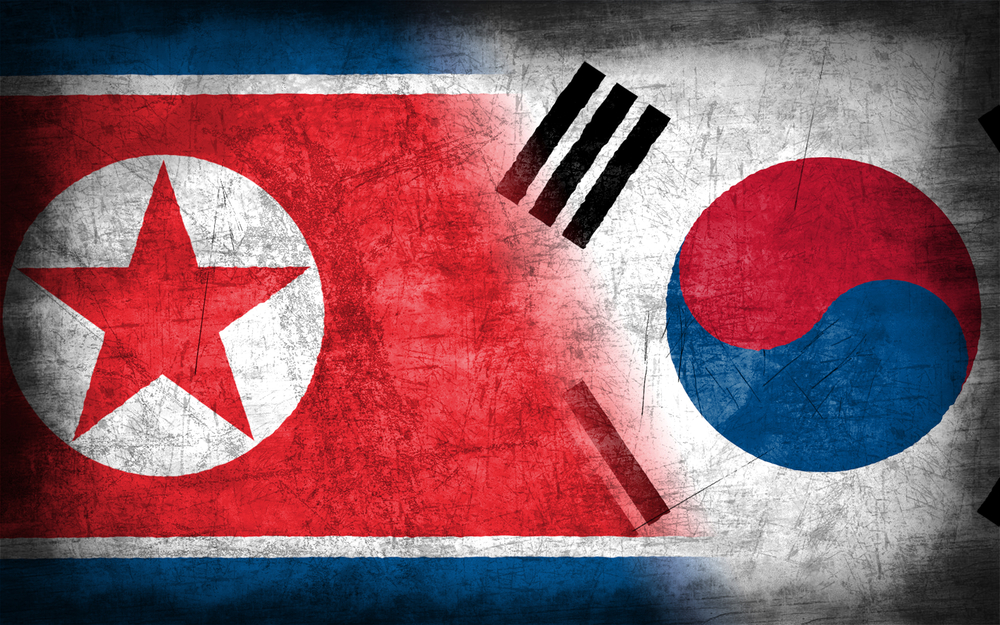
Ahead of an anticipated meeting between President Donald Trump and Kim Jong Un later this month, the Nuclear Threat Initiative (NTI) noted on Tuesday that the “critical question” is whether North Korea is willing to relinquish nuclear facilities, materials, and bombs in a “verifiable, irreversible way.”
Kim and South Korean President Moon Jae-in issued the Panmunjom Declaration pleading “no more war on the Korean Peninsula, and thus a new era of peace has begun” following a historic meeting between the leaders in the demilitarized zone between the two countries last week.
Chung-in Moon, a senior advisor to the South Korean leader, wrote in an op-ed that much of the commentary about the meeting has focused on “remaining difficulties, which are considerable.” He added, however, that many studies have missed how much progress has been made.
“Moon and Kim did not just make high-level commitments; they also laid out specific timetables for implementing them and took concrete steps that will have immediate effects in facilitating cooperation and preventing conflict,’ Moon wrote. “That offers cause for hope that for all the remaining challenges, a comprehensive peace deal including real denuclearization by North Korea is achievable in a couple of years, if not in the months ahead.”
Isabelle Williams, the senior advisor of NTI’s Global Nuclear Policy Program, wrote that the challenge would be to maintain current momentum, and to transfer it into a “comprehensive, verifiable and irreversible deal.”
“It is clearly a significant challenge, but so far this detente has delivered results that no one thought possible just a few months ago,” Williams said. “With an explicit commitment from North Korea to ‘complete denuclearization,’ South Korea has laid the groundwork for the Trump-Kim meeting that is anticipated to occur in late May.”




